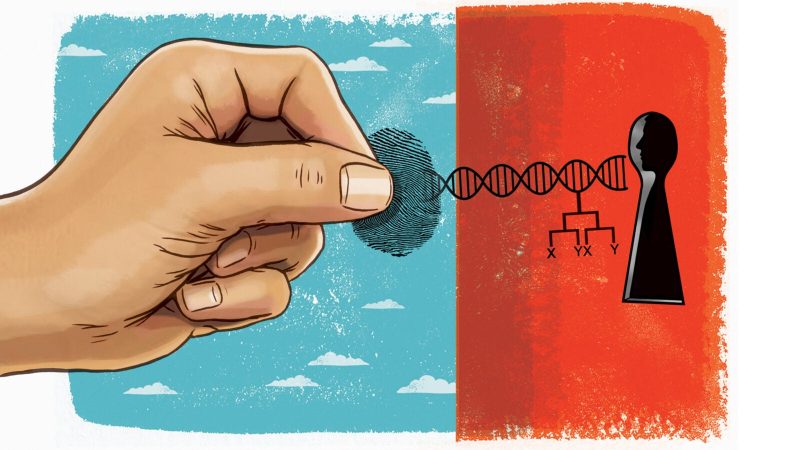In the ever-evolving landscape of scientific advancements, few innovations like Clustered Regularly Interspaced Short Palindromic Repeats, or CRISPR for short, have captured the world’s imagination and curiosity. This groundbreaking technology has heralded a new era in genetic engineering, offering scientists unprecedented precision and control in gene editing. But with great power comes great responsibility, and the ethical implications of CRISPR and gene editing, in general, have ignited fervent discussions across various sectors of society. This comprehensive article delves into the intricate ethical considerations surrounding gene editing, exploring its potential benefits, the moral dilemmas it raises, and the regulatory frameworks that attempt to balance scientific progress and ethical boundaries.
Unlocking the Potential of CRISPR
CRISPR technology, which acts as a molecular pair of scissors to snip and replace genetic material with remarkable precision, holds immense promise for the advancement of medical science. It offers the potential to treat and even cure many genetic diseases that have plagued humanity for generations. Disorders like cystic fibrosis, sickle cell anemia, and Huntington’s disease, once considered incurable, now stand on the precipice of being defeated, thanks to CRISPR’s extraordinary capabilities. The ability to edit faulty genes at the molecular level presents a ray of hope for millions of patients and their families, promising a future free from genetic diseases.

